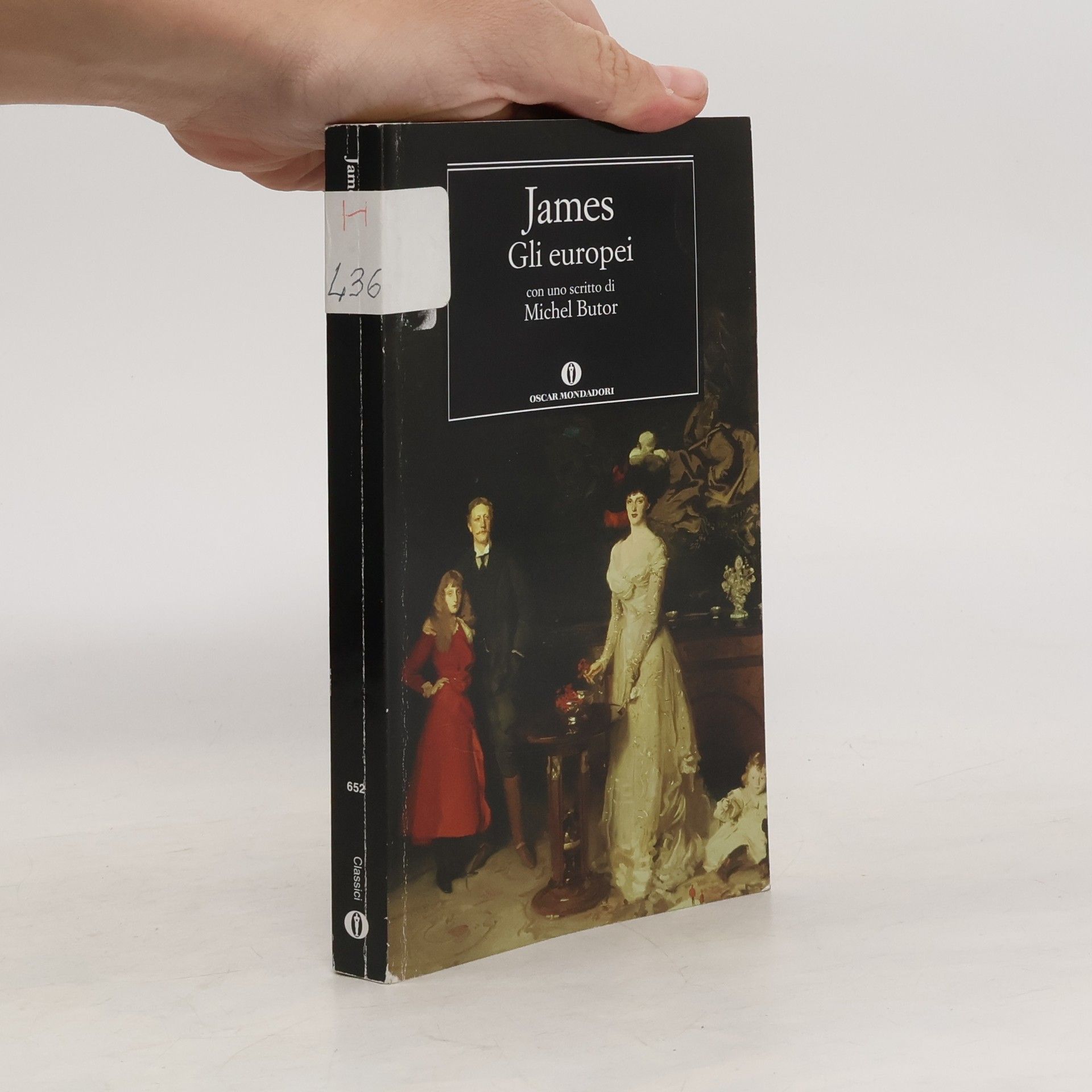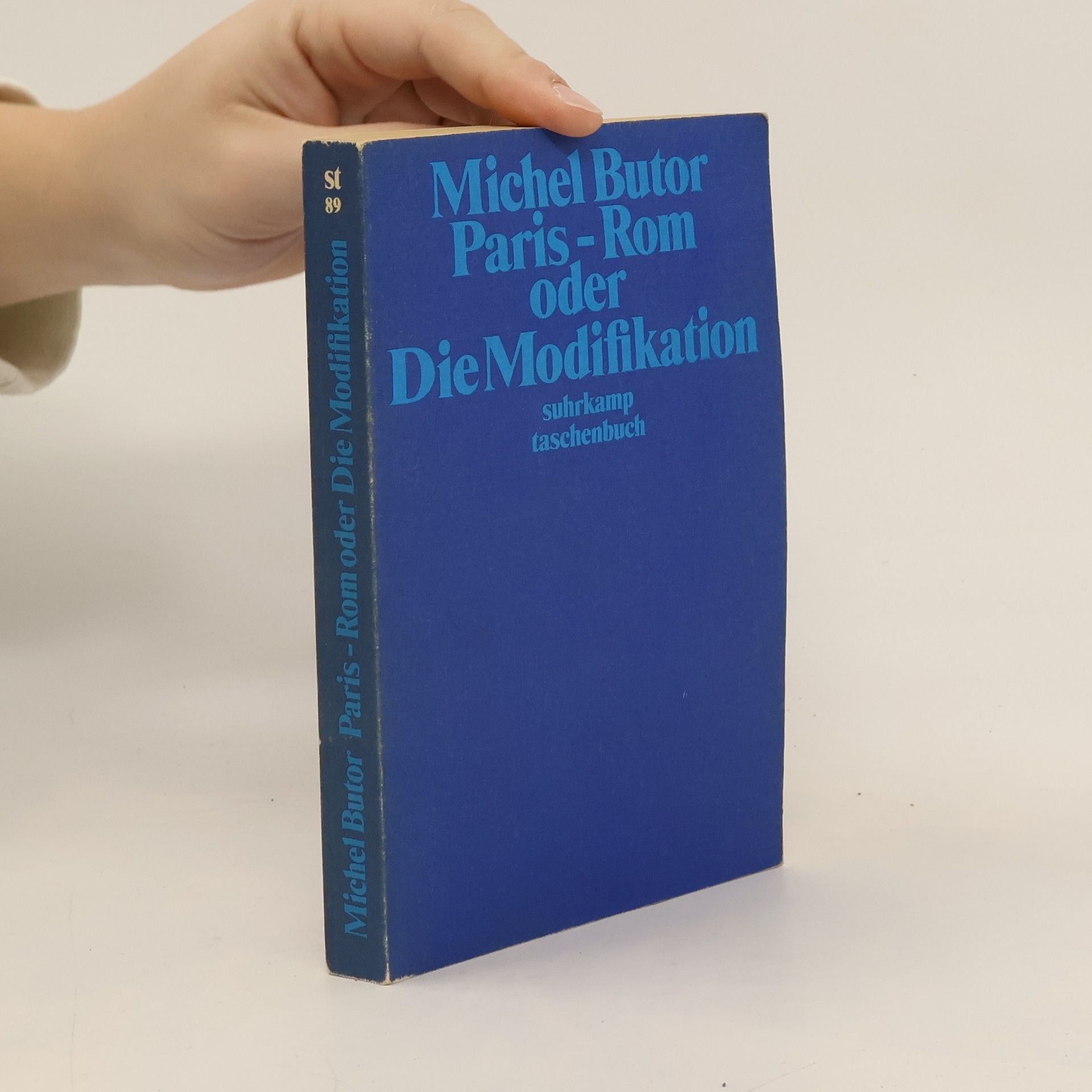Passing Time
- 320 pages
- 12 hours of reading
Michel Butor was a pioneering experimental novelist, often associated with the nouveau roman, though he long resisted the label. His works are characterized by innovative techniques, such as writing entirely in the second person in his most celebrated novel. Butor explored the relationship between language and reality, viewing even literal quotations as a form of parody due to their "trans-contextualization." Beyond novels, he engaged with essays, poetry, and artist's books, often blending rigorous structural symmetries with a lyrical sensibility, establishing himself as a significant figure in literary experimentation.







Auf der Reise von Paris nach Rom ändert der Erzähler, ein Geschäftsreisender, seinen Entschluß, sich von seiner Pariser Frau scheiden zu lassen und seine italienische Freundin zu heiraten, weil er sich bewußt wird, daß er durch diese zweite Heirat seine erste Ehe nur wiederholen würde. Was die Reflexion auslöst, ist das Lösgelöstsein der Reisesituation, die durch die Unverbindlichkeit der Dinge und die Fremdheit der anderen Personen gekennzeichnet ist. Der Roman ist durchweg ein innerer Monolog in der zweiten Person, der vom Besteigen des Zuges in Paris bis zur Ankunft in Rom reicht. Dieser Monolog wird stimuliert und unterbrochen durch Verschiebungen von Raum und Zeit, den Wechsel von Reflexion und Traum, den Kontrast zwischen der fremden Umwelt und der inneren Entscheidung, durch die Erkenntnis, daß die Dinge, d. h. unser Verhältnis zu ihnen, sowohl eine mythenschaffende wie eine mythenzerstörende Qualität haben. Paris – Rom oder Die Modifikation ist eines der wichtigsten Werke des nouveau roman, der, die Experimente von Proust, Joyce und Faulkner weiterentwickelnd, in einer kritischen Auseinandersetzung mit dem traditionellen Roman ein adäquates Ausdrucksmittel sucht.
Pubblicato nel 1878, Gli europei ha per protagonisti i fratelli Eugenia e Felix Young che, cresciuti tra Francia, Italia, Spagna e Germania, si trasferiscono a Boston, presso dei lontani parenti, in cerca di un facoltoso marito per Eugenia. Le reazioni dei due fratelli di fronte all'America e ai costumi dei loro cugini, appartenenti a una comunità puritana, sono molto diverse e decideranno dei loro differenti destini. Commedia brillante e sofisticata, "Gli europei" mette in luce le diversità di valori e comportamenti tra gli appartenenti al Vecchio e al Nuovo mondo. Ma soprattutto fornisce, in un rapido giro di pagine, un esempio della nascente maestria narrativa dell'autore, che da poco aveva scelto Londra come sua residenza e stava prendendo coscienza della necessità di porre al centro della sua riflessione proprio le radici americane dalle quali si era fisicamente allontanato. Il romanzo offre così, in uno stile ironico ed elegante, anche il ritratto del giovane James colto in un momento particolarmente complesso e significativo della sua vita di uomo e di scrittore.
Specially commissioned for the World's Classics, this translation includes a full editorial apparatus.